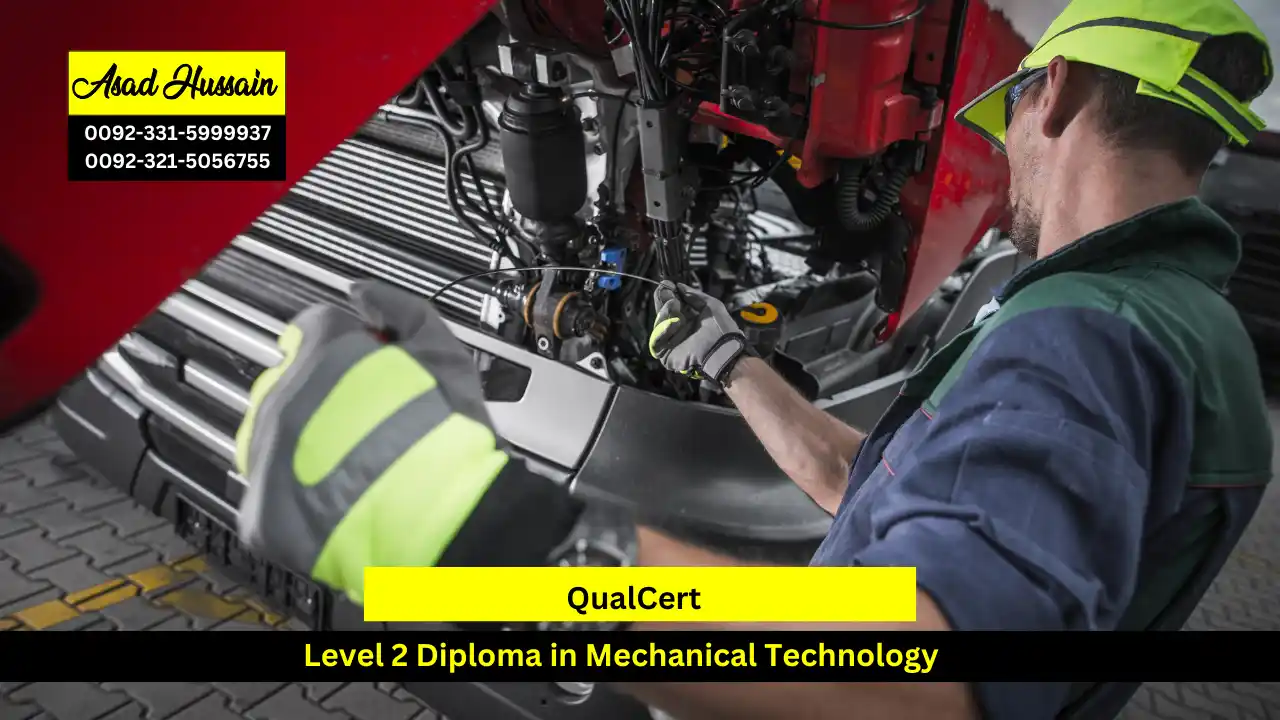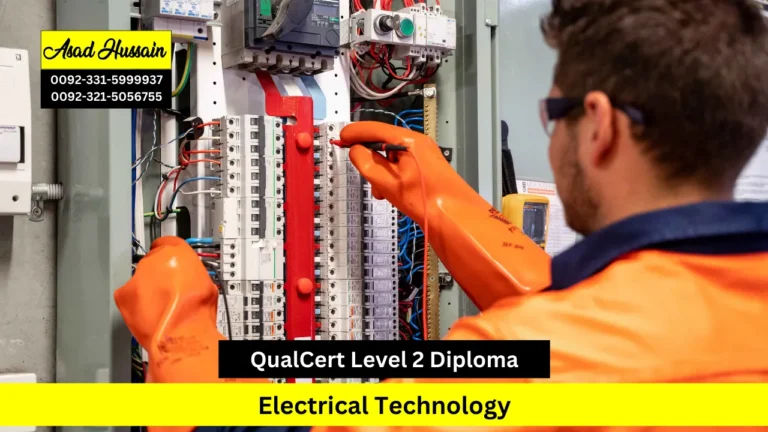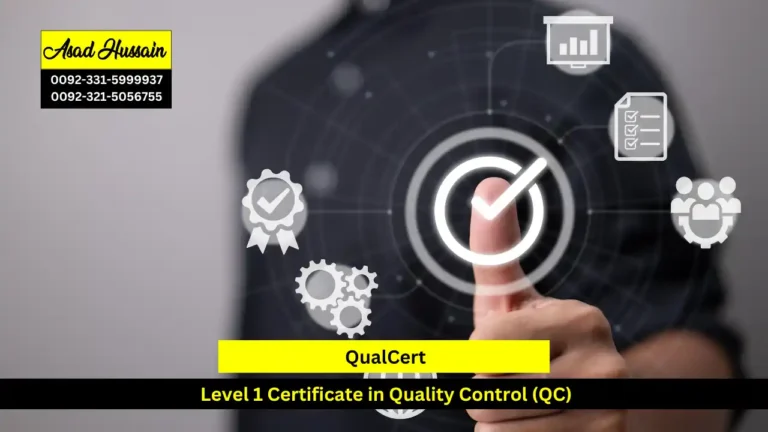In today’s fast-paced world, mechanical technology plays a pivotal role across various industries, from manufacturing to aerospace. If you’re passionate about machinery, engineering, and innovation, the Level 2 Diploma in Mechanical Technology could be your stepping stone to a rewarding career. This blog post delves into what this diploma entails, its benefits, and the career opportunities it can unlock for you.
The Level 2 Diploma in Mechanical Technology is an entry-level qualification designed for individuals aiming to build a solid foundation in mechanical engineering and technology. It provides learners with essential skills and knowledge required to work effectively in the mechanical sector. This diploma is ideal for those seeking to start a career in mechanical technology or enhance their existing skills.
To pursue a Level 2 Diploma in Mechanical Technology, you generally need a basic understanding of mathematics and science. The course is offered by various educational institutions and training providers, often including both classroom-based and practical learning components.
The Level 2 Diploma in Mechanical Technology is an excellent starting point for anyone interested in pursuing a career in mechanical engineering and technology. It provides a strong foundation in mechanical principles, practical skills, and industry-relevant knowledge, setting you on a path to a fulfilling and dynamic career. Whether you’re looking to enter the workforce or build a base for further study, this diploma is a valuable investment in your future.
Program Highlights
Mandatory Units
- Advanced Mechanical Principles
- Advanced Machine Tools and Operations
- Advanced Materials and Manufacturing
- Engineering Design and Analysis
- Project Management and Collaboration
- Specialized Electives
- Work-Based Learning or Internship
- Educational Background: Typically, participants should have a high school diploma or its equivalent (such as a GED). Some programs may require a minimum level of education, such as completion of secondary education, to ensure participants have basic academic skills.
- Language Proficiency: Proficiency in the language of instruction (usually English) is essential to comprehend complex course materials, actively participate in discussions, and complete written assignments.
- Age Requirement: Participants must be at least 18 years of age to enroll in this course.
- Industry Experience: While not always required, some programs may prefer or recommend that participants have some prior industry experience related to the field they intend to study. This can provide valuable context for understanding quality control principles.
- Level 1 CT Diploma (Recommended): While not mandatory, completion of a Level 1 Mechanical Technology diploma or equivalent foundational training is highly recommended.
Advanced Mechanical Principles
- Understand Complex Mechanical Systems: Demonstrate a comprehensive understanding of advanced mechanical principles, including dynamics, kinematics, and thermodynamics.
- Apply Analytical Methods: Utilize analytical methods to solve complex mechanical problems and design efficient mechanical systems.
- Evaluate System Performance: Assess the performance of advanced mechanical systems and identify areas for improvement.
Advanced Machine Tools and Operations
- Operate Advanced Machinery: Efficiently operate advanced machine tools and equipment, including CNC machines and automated systems.
- Perform Precision Machining: Execute precision machining techniques to manufacture components with high accuracy and quality.
- Troubleshoot and Maintain Equipment: Identify and resolve issues with machine tools, ensuring their optimal performance and longevity.
Advanced Materials and Manufacturing
- Analyze Material Properties: Examine the properties of advanced materials and their impact on mechanical design and manufacturing processes.
- Implement Advanced Manufacturing Techniques: Apply advanced manufacturing techniques, including additive manufacturing and advanced welding methods.
- Evaluate Material Performance: Assess material performance under various conditions and select appropriate materials for specific applications.
Engineering Design and Analysis
- Develop Engineering Designs: Create detailed engineering designs using CAD software and other design tools, incorporating advanced design principles.
- Conduct Design Analysis: Perform engineering analysis to evaluate the feasibility, strength, and functionality of designs.
- Optimize Designs: Apply optimization techniques to improve design efficiency, performance, and cost-effectiveness.
Project Management and Collaboration
- Manage Engineering Projects: Plan, execute, and manage engineering projects, including scheduling, budgeting, and resource allocation.
- Facilitate Team Collaboration: Work effectively in a team environment, demonstrating strong communication and collaboration skills.
- Apply Project Management Tools: Utilize project management tools and techniques to track progress and ensure successful project completion.
Specialized Electives
- Explore Specialized Topics: Gain in-depth knowledge in specialized areas of mechanical technology based on selected electives.
- Apply Specialized Knowledge: Integrate specialized knowledge into practical applications and problem-solving within the mechanical field.
- Stay Updated with Industry Trends: Keep abreast of emerging trends and technologies related to chosen electives.
Work-Based Learning or Internship
- Apply Knowledge in a Real-World Setting: Apply theoretical knowledge and practical skills in a real-world work environment.
- Gain Practical Experience: Develop hands-on experience in mechanical technology through internships or work-based projects.
- Enhance Professional Skills: Improve professional skills, including problem-solving, teamwork, and communication, in a professional setting.
The Level 2 Diploma in Mechanical Technology is designed for individuals who are eager to start a career in the mechanical engineering field or enhance their existing skills. It is ideal for those with a keen interest in machinery, manufacturing processes, and engineering design. This course is particularly suited for school leavers, recent graduates, and those seeking to transition into the mechanical sector from other fields. It also caters to professionals looking to upskill or specialize further in mechanical technology. With its comprehensive curriculum and practical focus, this diploma offers a solid foundation for anyone aiming to gain expertise in mechanical systems and pursue diverse career opportunities in engineering and technology.






